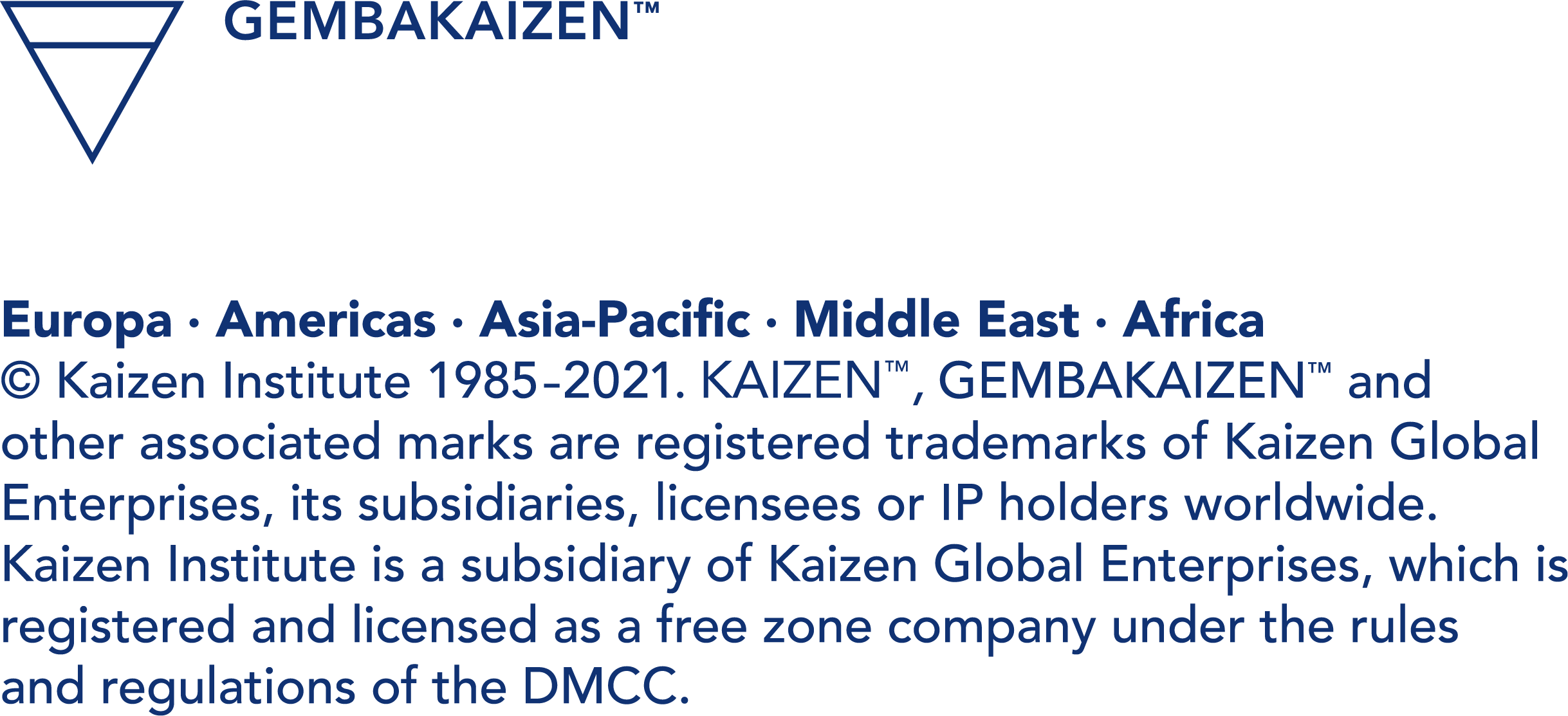Kaizen Institute at PEX New Zealand 2017
The impact of AI (artificial intelligence) and RPA (robotic process automation) on organisational excellence was explored as well as how to create and sustain a culture of Continuous Improvement. Kaizen Institute New Zealand has been a media sponsor for the high-impact Process Excellence New Zealand 2017 conference that was held in Auckland from 21-22 March 2017. Peet Wiid from Kaizen Institute New Zealand acted as chairperson for the event which hosted exceptional thought-leaders and proponents of business excellence in New Zealand. The theme of this year’s conference focused on the impact of AI (artificial intelligence) and RPA (robotic process automation) on organisational excellence. We also explored the creation of a culture of Continuous Improvement (CI). Presenters from some of the most influential organisations in New Zealand shared their experience and insights which resulted in thought-provoking discussions. One of the panel discussions delved into the tricky topic of the impact of AI and RPA on people. Automation and digitising can be valuable from a customer and employee point of view if it is underpinned by the respect-for-people principle. The other panel discussion dealt with the role of senior leadership in creating a KAIZEN™ culture. It shone through that a KAIZEN™ culture must be intentional and leaders play a crucial role in determining its quality. To authentically live the values and principles of business excellence, visible to all, is foundational in CI-leadership. The conference was not just another futile talkfest. Participants ended the two-day conference with time to reflect deeply upon their learning and its application in their own workplaces. It was an uplifting experience sharing the conference room with so many humble, highly skilled, and inspiring people.
The key takeaways from the presenters:
- Digitising can be an exciting way to improve processes and reduce burden on our people,
- AI and RPA can and will increasingly play a role but it is up to leadership to ensure our people, and society in general, is respected and supported,
- Creating business excellence requires discipline and hard work but the benefits are particularly rewarding,
- Design Thinking is extremely useful in creating a culture of innovation but it must be embedded in empathy for the customer,
- Organisational objectives must be based on the human factor: our customer is a person with real needs – desirability then viability,
- Our staff should have more fun while also celebrating everyday heroes in our processes,
- Process performance measurement and people development goes hand-in-hand. Energised people through inspirational and knowledgeable leadership add value while a toxic culture continuously creates conflict and inefficiencies,
- People are sense-makers but Lean leaders need to create an “it-is-safe-to-fail” environment,
- Intent (the grand way for the organisation) must be achieved through a high-performance culture by using relevant methodologies, tools, and techniques to solve organisational-specific problems,
- Get the first phase of disruption in a Lean transformation right – plan thoroughly,
- Have critical few projects and visualise its performance – don’t try and fix everything at once,
- Focus on the motivated people to build momentum when you start with a culture transformation,
- Show the benefits of CI efforts to create the new culture – don’t just talk about it.








